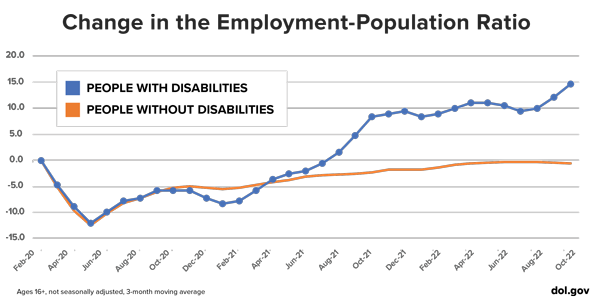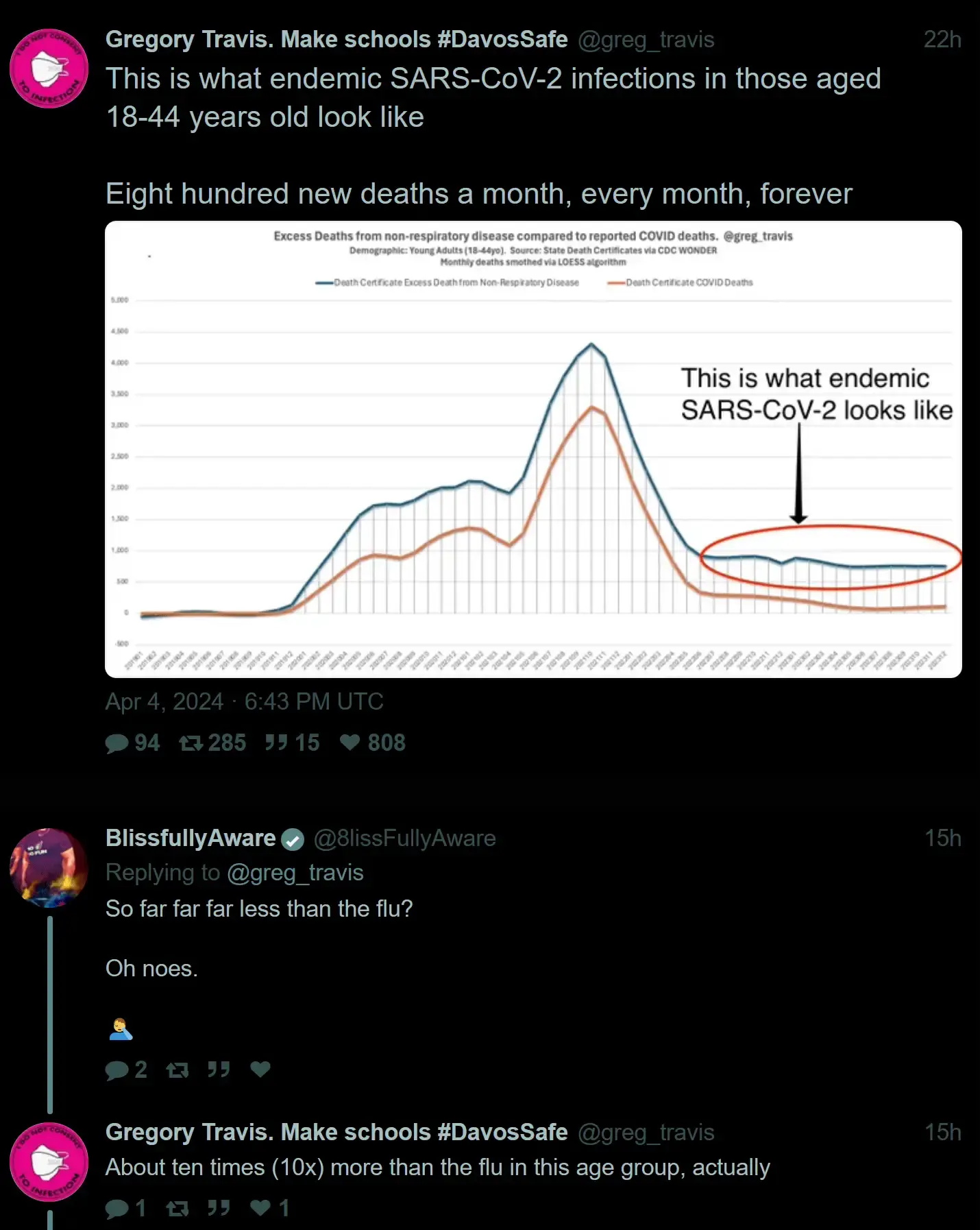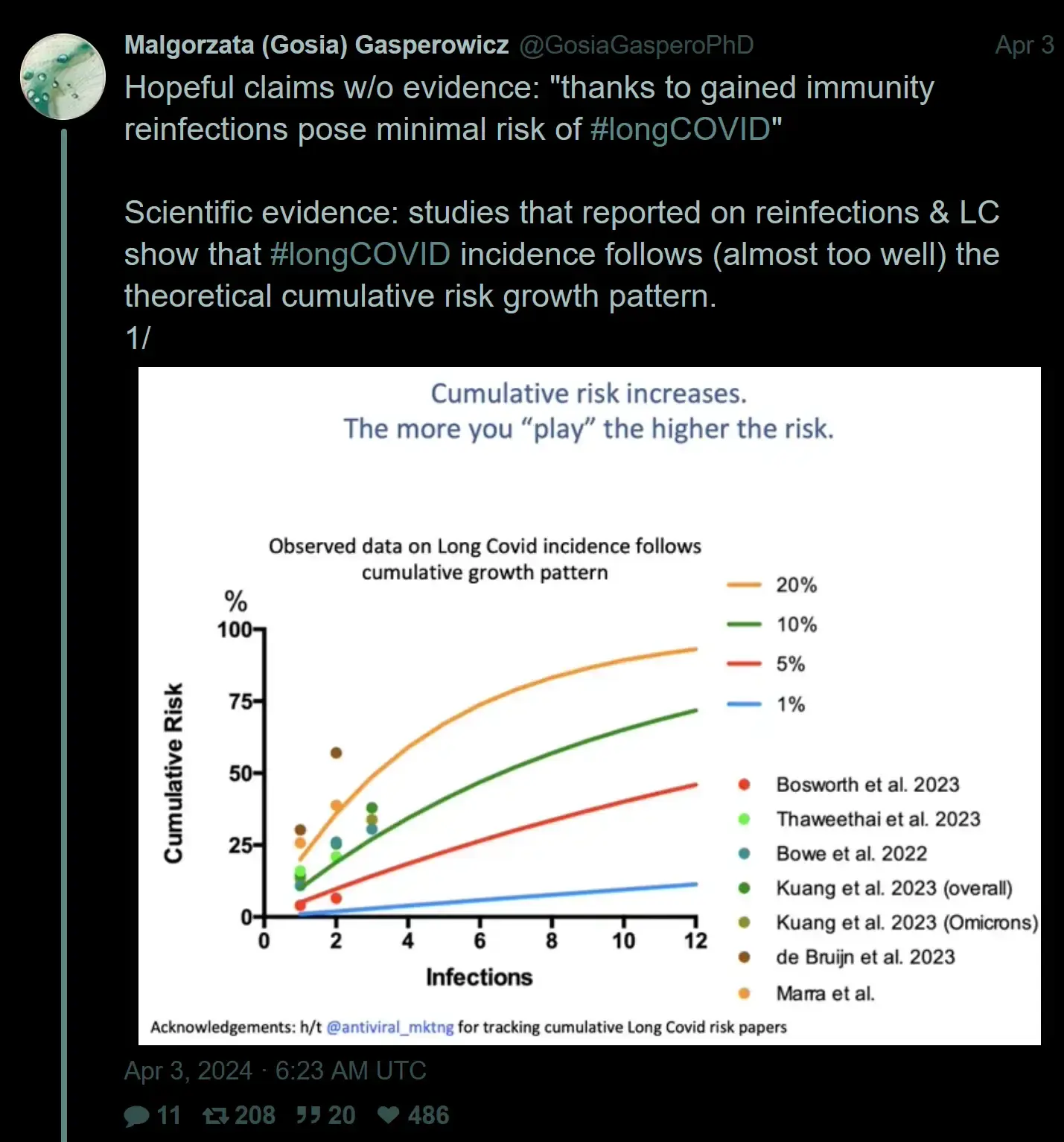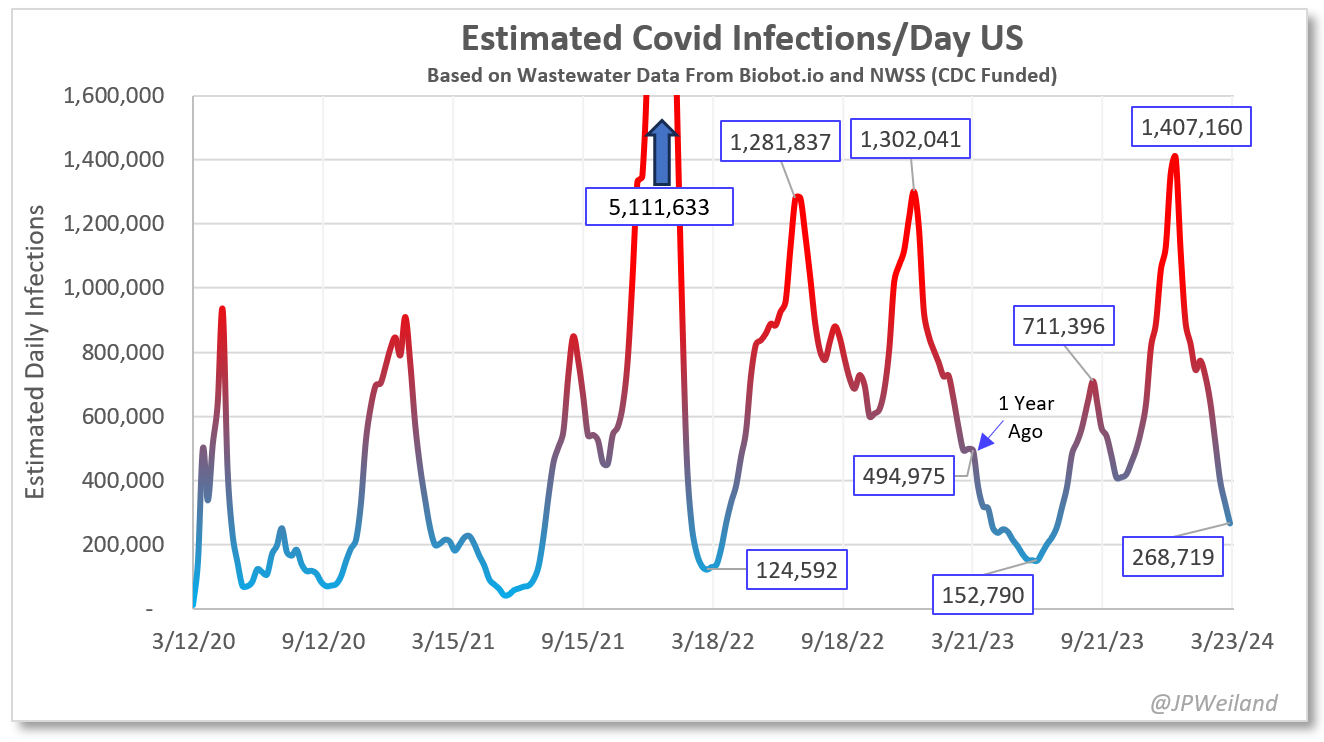covid
795 readers
2 users here now
Try to include sources for posts
No Covid misinformation, including anti-vaxx, anti-mask, anti-lockdown takes.
COVID MINIMIZATION = BAN
This community is a safe space for COVID-related discussion. People who minimize/deny COVID, are anti-mask, etc... will be banned.
Off-topic posts will be removed
Jessica Wildfire's COVID bookmark list
COVID-safe dentists: (thanks sovietknuckles)
- https://covidsafeproviders.com/category/covid-safe-dental-dentists/
- https://www.covidsafedentists.ca/
- https://www.covidmeetups.com/en/directory/dentists/US
New wastewater tracking (replacing biobot): https://data.wastewaterscan.org/tracker
founded 3 years ago
MODERATORS
101
102
103
104
105
106
107
108
109
110
111
112
113
114
115
116
117
118
119
120
34
CDC releases ventilation guidance for curbing indoor respiratory virus spread
(www.cidrap.umn.edu)
121
122
123
33
A Huge Boost for Mucosal Covid Vax Development (Next Generation Update 15)
(absolutelymaybe.plos.org)
124
125














